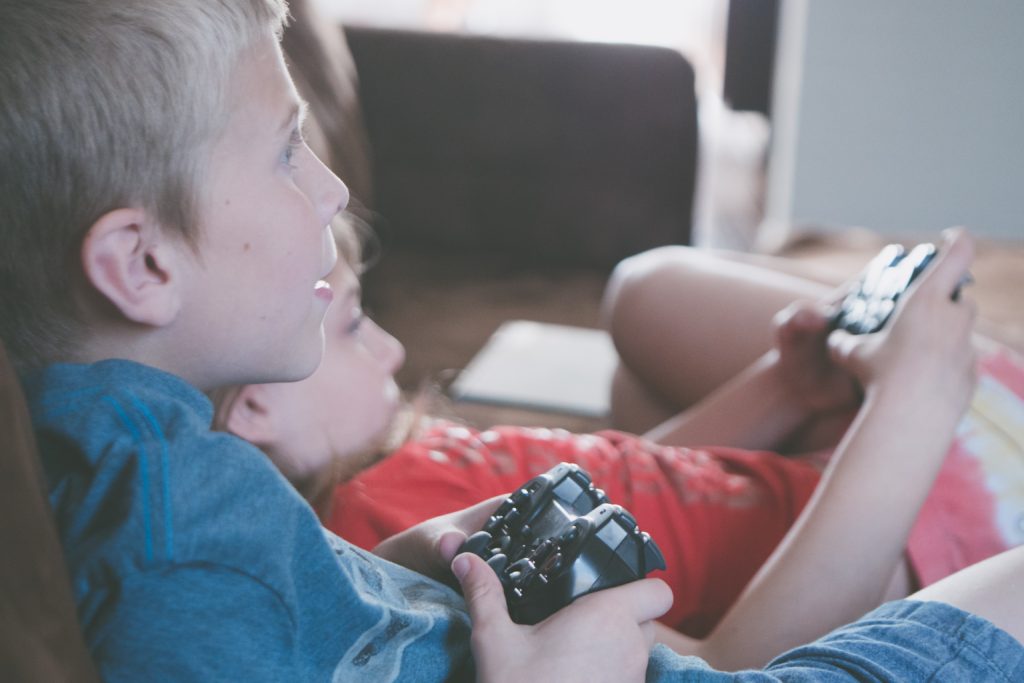
It seems like kids are using technology younger and younger these days. With these rapid cultural changes, it’s hard to understand the short and long-term impacts this screen time gives our youth.
More organizations have begun conducting studies to determine just how this impacts their daily lives–particularly amongst teenagers who are usually consuming the most media and technology.
An interesting new study on screen time and mental health on teenagers has been conducted by the University of Montreal. They found, that overindulging in social media and television was directly linked to significant increases in depressive symptoms. While this might not come as a total surprise, what is shocking is that there was no data showing a link between video game or computer use in association with negative mental health. As the article eloquently words it, “Video games, OK. Social media, bad.”

This study was conducted over the course of four years as the research team tracked their use and studied for symptoms of depressions, loneliness, sadness and hopelessness. The results of this study shed light on a very serious problem in the digital landscape and that is the negative effects social media can play in our lives–particularly our youth.
“Social media and television are forms of media that frequently expose adolescents to images of others operating in more prosperous situations, such as other adolescents with perfect bodies and a more exciting or rich lifestyle,” lead author Elroy Boers, a post-doctoral researcher at the University of Montreal’s Department of Psychiatry, said in a statement.
“Furthermore, based on reinforcing spirals theory, people seek out and select information congruent with their current state-of-mind. The algorithmic features of television viewing and in particular, social media, create and maintain a feedback loop by suggesting similar content to users based on their previous search and selection behavior. Thus, the more one’s depressive state influences their viewing choices, the more similar content is being suggested and provided, and the more likely one will be continuously exposed to such content, therewith maintaining and enhancing depression.”
As wonderfully said by Elroy Boers, everything about the foundation of social media sets kids up to feel this way. By the content it repetitively feeds them to the ease of access to information about others lives it provides them.
To all the parents out there, maybe those extra 10 minutes of gaming aren’t so bad after all.

6 Responses to Screen Time Amongst Adolescence